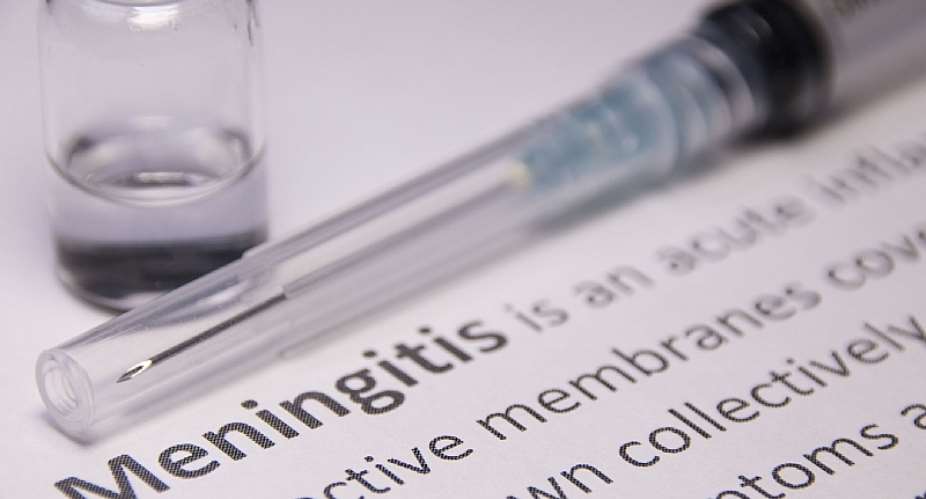Many people are afraid of the phrase meningitis, but it's a severe medical illness that has to be understood and treated with care. My goal in writing this piece is to clarify the definition of meningitis, as well as its causes, symptoms, management, and significance of prevention. The inflammation of the meninges, which are the membranes that coat the brain and spinal cord, is referred to as meningitis. Many conditions, such as bacterial, fungal, viral, or parasite infections, can result in this inflammation. In particular, bacterial meningitis is a medical emergency that, if left untreated, may be fatal.
Meningitis symptoms might change based on the underlying cause, the patient's age, and their overall health. Severe headache, fever, stiff neck, light sensitivity, nausea, vomiting, disorientation, and in rare instances, seizures are typical symptoms. In addition, irritability, inadequate feeding, and a protruding fontanelle—a soft place on the baby's head—may be present in babies.
A combination of physical examination, laboratory testing, and medical history review is frequently used to diagnose meningitis. Blood tests, imaging investigations like CT or MRI scans, and analyses of cerebrospinal fluid acquired via lumbar puncture (spinal tap) are some examples of these testing. The course of treatment after a diagnosis of meningitis is determined by its etiology. Intravenous medicines and immediate hospitalization are usually necessary for bacterial meningitis. Conversely, viral meningitis frequently goes away on its own with supportive treatment, which includes rest, water, and painkillers.
Meningitis can be treated, but prevention is always the best course of action. In many regions of the globe, vaccination against bacterial infections such Neisseria meningitidis, Streptococcus pneumoniae, and Haemophilus influenzae type b (Hib) has dramatically decreased the prevalence of meningitis. Apart from receiving a vaccine, maintaining proper hygiene by often washing your hands, avoiding close contact with ill people, and covering your cough and sneeze can also help stop the transmission of infectious organisms that can cause meningitis.
Meningitis is a serious condition that has to be identified and treated right away in order to reduce the chance of complications, long-term brain damage, and even death. In my capacity as a neurosurgeon, I strongly advise everyone to become aware of the warning signs and symptoms of meningitis and to get medical help as soon as possible if they think they or a loved one may be impacted. We can collaborate to lessen the incidence of meningitis and safeguard the health and wellbeing of people and communities throughout the globe by increasing awareness, encouraging preventative measures, and guaranteeing access to prompt medical care.





 We saved $57.9million from procurement of new verification devices, registration...
We saved $57.9million from procurement of new verification devices, registration...
 Ejisu by-election: Aduomi is a betrayer – Ahiagbah
Ejisu by-election: Aduomi is a betrayer – Ahiagbah
 Dumsor: I’ll be in police custody if I speak, I vex — DKB
Dumsor: I’ll be in police custody if I speak, I vex — DKB
 We'll give daily evidence of Akufo-Addo's supervised thievery from our next gene...
We'll give daily evidence of Akufo-Addo's supervised thievery from our next gene...
 Asiedu Nketia crying because they've shared the positions and left him and his p...
Asiedu Nketia crying because they've shared the positions and left him and his p...
 Mahama's agenda in his next 4-year term will be 'loot and share' — Koku Anyidoho
Mahama's agenda in his next 4-year term will be 'loot and share' — Koku Anyidoho
 If you're president and you can't take care of your wife then you're not worth y...
If you're president and you can't take care of your wife then you're not worth y...
 Foreign Ministry caution Ghanaians against traveling to Northern Mali
Foreign Ministry caution Ghanaians against traveling to Northern Mali
 GHS warns public against misuse of naphthalene balls, it causes newborn jaundice
GHS warns public against misuse of naphthalene balls, it causes newborn jaundice
 Our education style contributes to unemployment - High Skies College President
Our education style contributes to unemployment - High Skies College President
